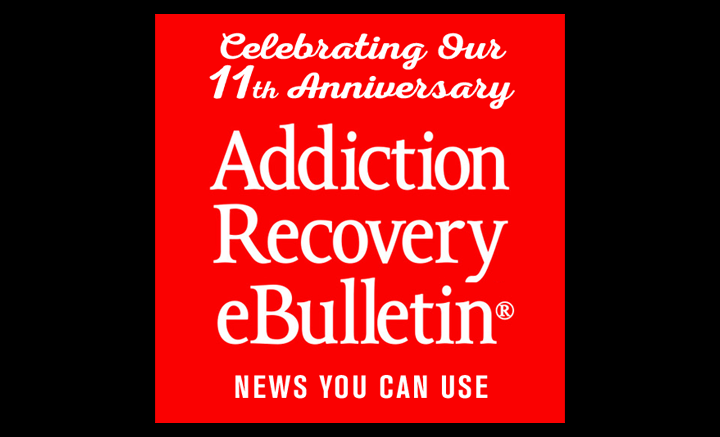“IT’S THE SNEAKING AROUND THAT’S ADDICTIVE” RDJ –
Dec. 17, 2021 – Given the importance of the drug itself in the development and perpetuation of SUD, the research community has understandably focused on the brain’s adaptations in response to exposure to addictive drugs, such as cocaine, leading to a better understanding of the mechanisms underlying the consumption of these drugs. But people with SUD do not just take addictive drugs, they spend a great deal of time foraging for these drugs over long periods of time. During drug foraging, many compulsive behaviors characteristic of SUD manifest themselves, particularly during episodes of relapse to drug-seeking following periods of forced abstinence.
“Therefore,” says David Belin, PhD, the study’s senior author, “we found it important to consider the psychological and neural mechanisms of the tendency to inflexibly engage in drug-seeking behaviors, which may reflect the development of maladaptive drug-seeking habits.”
In rats, drug foraging over long periods is maintained and invigorated by drug-paired cues, much like in people. In both rats and people, engagement in foraging behavior becomes satisfying in its own right.



